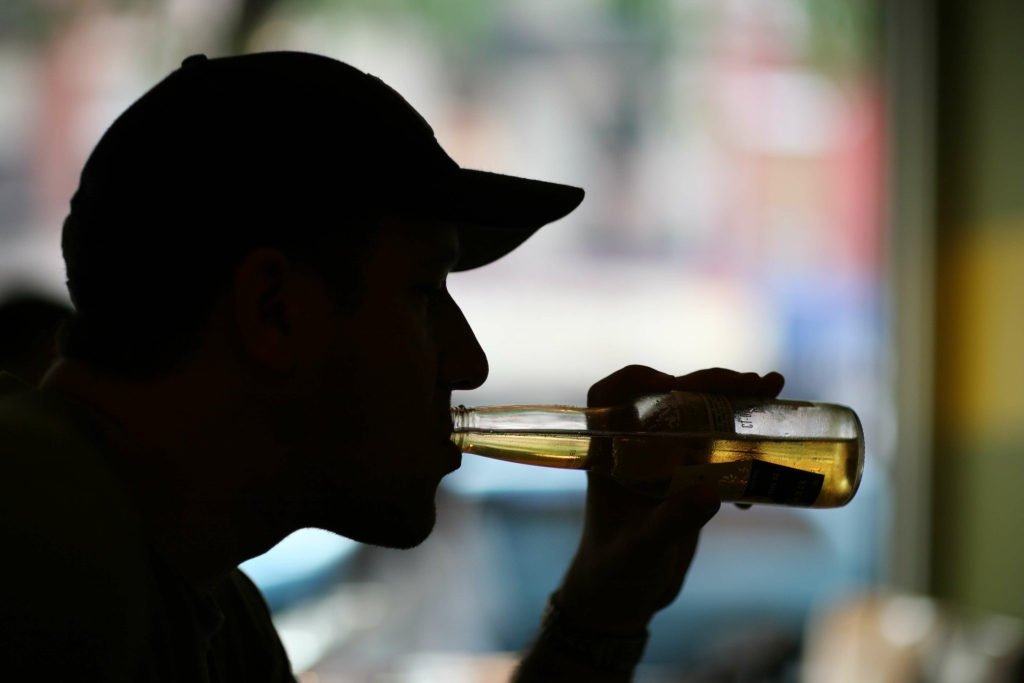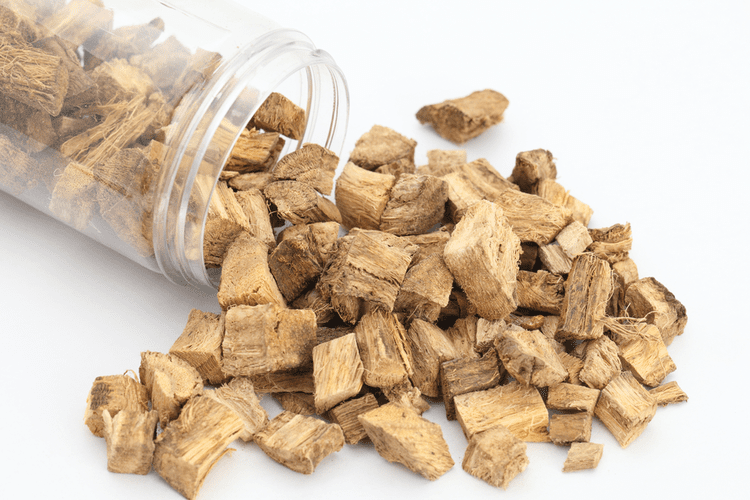While research on post-COVID alcohol intolerance is still limited, anecdotal evidence suggests that it’s a symptom experienced by many people following the virus. Some evidence suggests that post-COVID-19 fatigue syndrome may share characteristics with ME/CFS, a condition where approximately 4 out of 5 people exhibit alcohol intolerance. Alcohol intolerance is a condition where the body reacts negatively to the consumption of alcohol. It’s typically related to an inability to properly process or metabolize alcohol. Dr Fox recommends avoiding alcohol to treat alcohol intolerance. In an ideal world, you would abstain from consuming alcohol completely.
Medications or Medical Conditions

The body produces antibodies, and when they encounter alcohol, they set off a systemic allergic reaction. An alcohol allergy can occur when a person with an alcohol allergy comes into contact with alcohol, which is also known as ethanol. Read beverage https://buycialis-canadian.com/page/2/ labels to see whether they contain ingredients or additives you know cause a reaction, such as sulfites or certain grains. Alcohol intolerance occurs when the body does not have the correct enzymes to break down the toxins in alcohol.

Symptoms of an Alcohol Allergy
Research suggests this is one of the most common hereditary disorders in the world, affecting 560 million people, or eight percent of the global population. The highest prevalence (35-40 percent) is among in people of East Asian descent. This connection could provide insights into how long COVID might contribute to alcohol intolerance. Some people describe feeling sick after consuming only a small amount of alcohol, while others report experiencing https://akteryfilma.ru/57395-kaligula/ hangover-like symptoms that seem disproportionate to their alcohol intake. “You can become more tolerant of alcohol over time. This means when you drink, it does not seem to have the same effect, and you need to drink more to get the usual buzz,” explains Dr Fox. However, it can be questioned whether it’s realistic or attainable for someone to cut out drinking altogether, especially if it was a big part of their lifestyle beforehand.
![]()
What are the symptoms of alcohol allergy?
These symptoms lead many to misdiagnose themselves with an alcohol allergy – instead of an intolerance to ingredients within alcohol. A medical professional will recommend a simple test involving alcohol consumption under controlled conditions to observe symptoms. Additionally, over-the-counter antihistamines might alleviate mild symptoms but should be used cautiously and under medical advice.
- Alcohol intolerance occurs when the body lacks the enzymes needed to break down alcohol, leading to symptoms like facial flushing, nausea, and rapid heartbeat.
- Reach out to a treatment provider for free today for immediate assistance.
- Dr Fox explains that the science behind this is that dangerous levels of enzymes are accumulating in the cells of your body when you drink alcohol, and they cannot be broken down.
- You may develop many symptoms, but you won’t have an anaphylactic reaction.

A true allergic reaction happens when your immune system goes into overdrive to attack something it sees as a threat. Allergic reactions can cause hives, facial swelling, nausea, and vomiting. They can also lead to life-threatening reactions like anaphylaxis. Alcohol flushing syndrome is a major sign of alcohol intolerance. Your face, neck and chest become warm and pink or red right after you drink alcohol.
- The effects of alcohol on the body, as a central nervous system depressant, are hardly beneficial.
- However, Pepcid and other H2 blockers only mask the symptoms of alcohol intolerance.
- Alcohol detox isn’t easy and not everyone can do it on their own.
- If this is you, you can consider drinking potato-based or grape-based vodka.
- Things get more complicated when it comes to distilled alcohol.
- The main cause of alcohol intolerance is a problem with how the body breaks down alcohol.
- If you’re one of the many people who feel hungover after just 1 drink, here’s what you need to know about alcohol intolerance.
- Anyone who drinks in excess will likely experience these adverse effects to some extent.
- Sulfites, tyramines, and histamines are substances that are naturally found in many forms of alcohol.
- Alcohol allergies produce rashes, severe stomach cramps, and nausea.
- An alcohol allergy and alcohol intolerance are two different conditions.
An inherited metabolic disorder means you got this condition from your parents — they each passed down a mutated (changed) gene that resulted in this disorder. Even if your parents don’t have the condition, they can pass it to you. “Ethanol as a cause of hypersensitivit[…]ic beverages.” Clinical & Experimental Allergy, August 2002. Allergy symptoms that affect breathing or have the potential to block your airway, such as swelling in the mouth or of the tongue, can be life-threatening.

Sulfites are preservatives, and most countries permit their addition to alcoholic drinks such as beer and wine. However, some people may experience allergy-like reactions after consumption. Some people with https://mytopgear.ru/topgear/richard-hammonds-top-gear-uncovered-dvd/ Hodgkin’s lymphoma experience pain after drinking alcohol. Hodgkin’s lymphoma is a type of cancer that can affect your lymphatic system. Many people with Hodgkin’s lymphoma develop enlarged lymph nodes.
